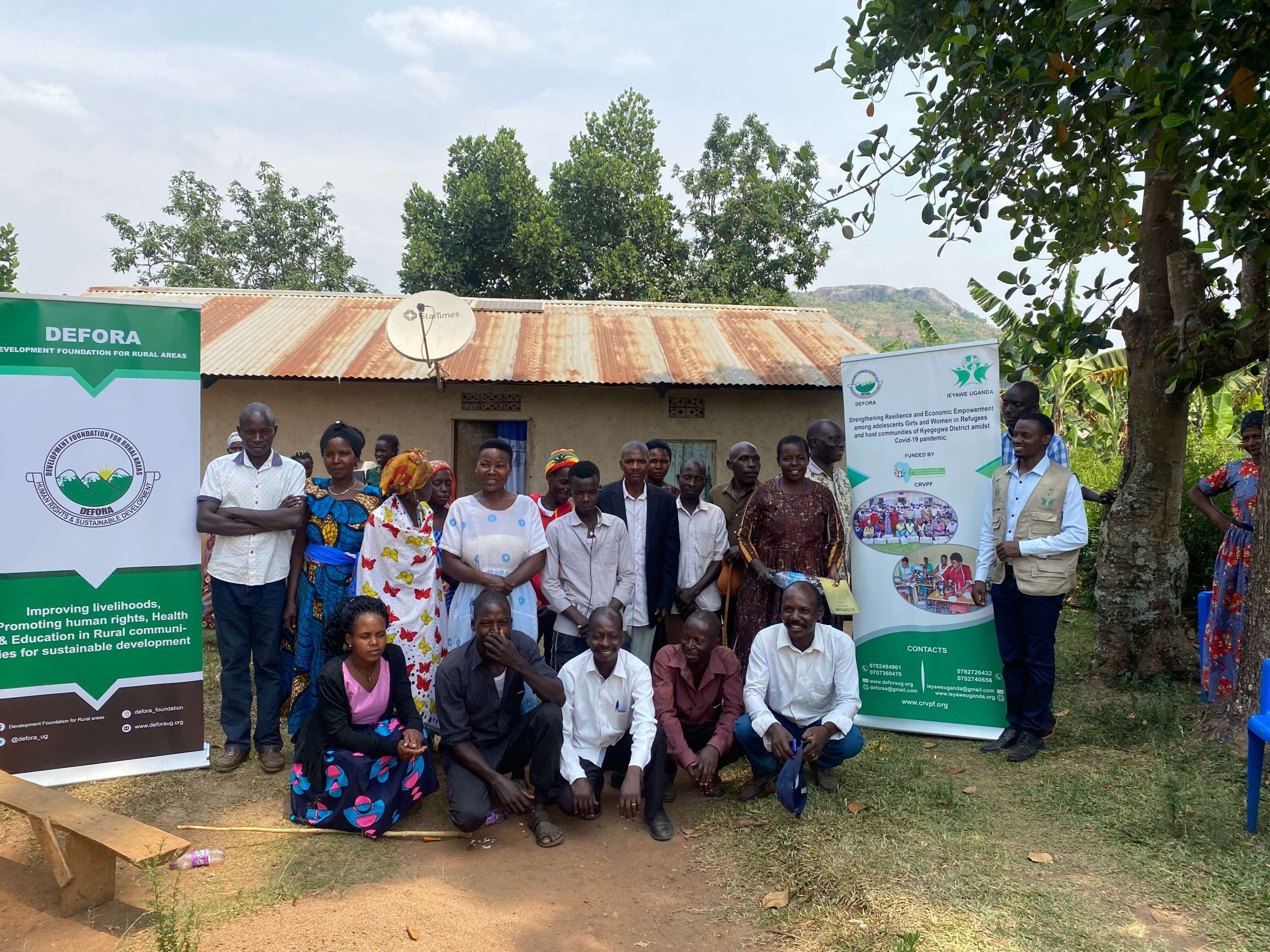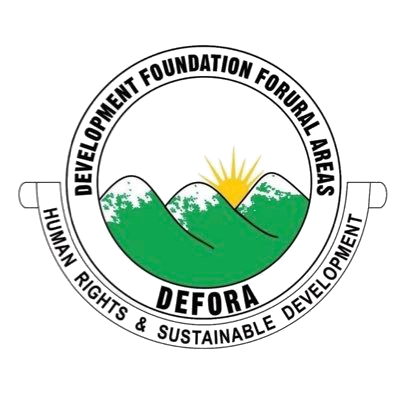- + 256 755 806 220
- info@deforaug.org
- Nyantungo Road, Next To NFA, Kyenjojo Town
About Us
We are addressing the plight of marginalized poor rural communities since 1992
Development Foundation for Rural Areas (DEFORA) is a registered non-governmental organization (NGO) that started in 1992 as a Community-Based Organization and later registered as an NGO in 1994. The organization was founded by four committed rural philanthropic women and three men to address the plight of marginalized poor rural communities mostly women and children to help them improve their incomes. The issues of human rights violations, where women and children were abused and denied access to household incomes/ resources, lack of productivity, and conservation at community and household levels made them stay in dire poverty. There was not enough food and no household income to improve their livelihoods which made them stay in poverty and hence in a state of uncertainty. This situation called for intervention and therefore DEFORA was formed to address the plight of needy rural communities with an emphasis on women and children.

Geographical location
DEFORA operates in the area covering the districts of Kyenjojo, Kabarole, Kamwenge, Kyegegwa, Bunyangabu, Kasese, Bundibugyo, and Ntoroko districts; a part of the Rwenzori region in Western Uganda with its head office located in Kyenjojo district. The region derives its name from the Rwenzori Mountains which is the highest mountain in Uganda with its highest peak at 5,110m above sea level. Being a block mountain, it gives the area fascinating scenery characterized by the snow-capped mountain tops, the Western arm of East Africa’s Albertine Rift Valley, the rolling hills, and flatlands.

